Al-Ahkam As-Sultaniyyah: The Laws of Islamic Governance
Al-Ahkam As-Sultaniyyah: The Laws of Islamic Governance
Publisher:
Ta Ha Publisher
Author:
Abu’l Hasan ‘Ali ibn Muhammad ibn Habib al-Basri al-Baghdadi al-Mawardi
Language:
English
Binding:
Hard Cover
Pages: 352
Size: A4|8.3x11.7in | 21 x 29.7 cm
Couldn't load pickup availability
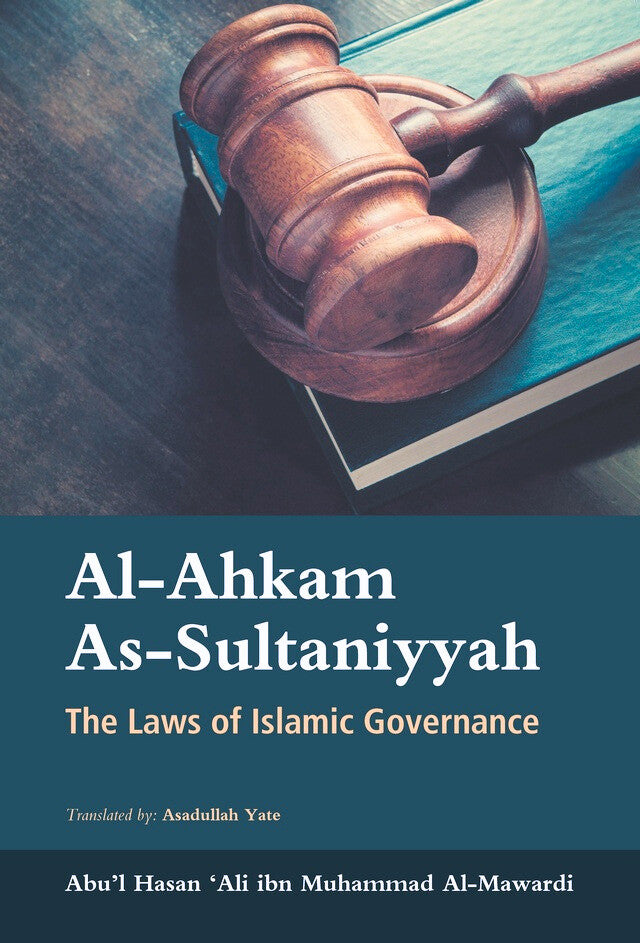
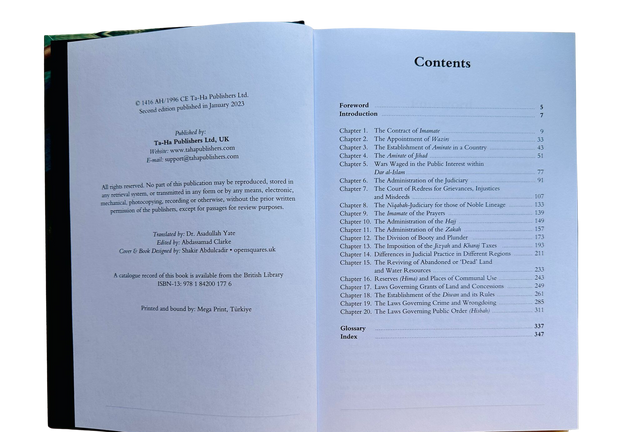
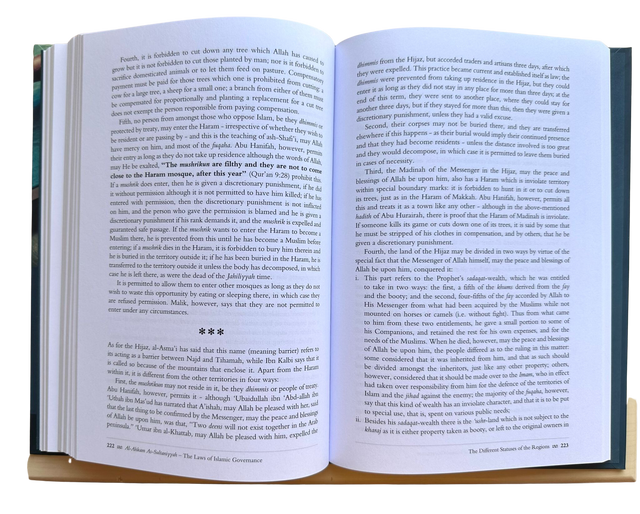
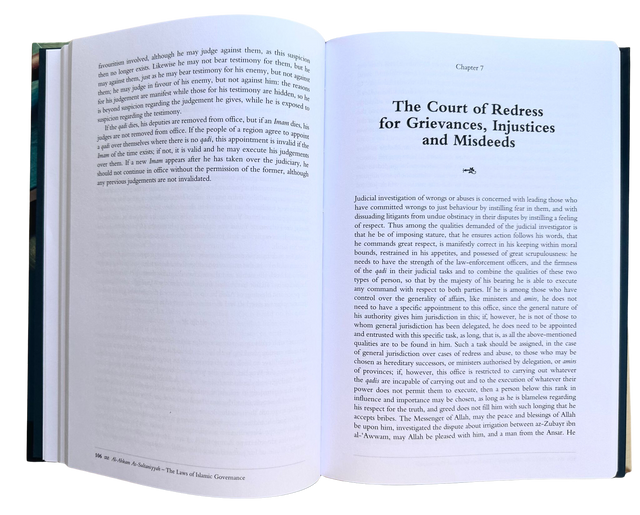
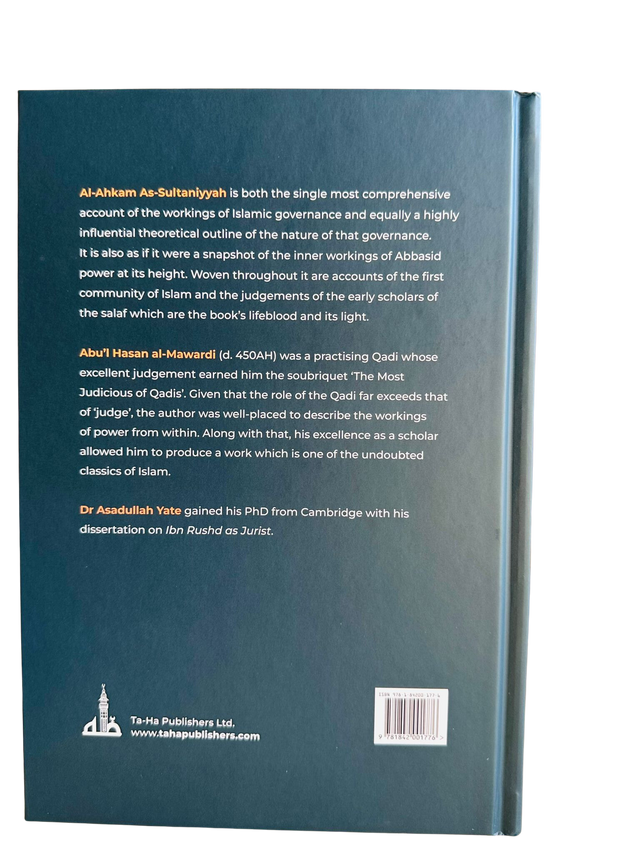
Collapsible content
Description of Book
Al-Ahkam As-Sultaniyyah offers a detailed and influential examination of Islamic governance, providing an in-depth look at the inner workings of the Abbasid caliphate during its peak. Its content is enhanced by the inclusion of accounts from the early Islamic community and the rulings of the salaf scholars, giving the book both credibility and illumination.
Publisher
Ta Ha Publisher
Author
- Abu’l Hasan ‘Ali ibn Muhammad ibn Habib al-Basri al-Baghdadi al-Mawardi





